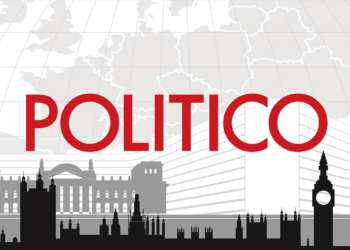We all think we know what a revolution looks like. Perhaps we’ve watched one unfold on TV, or on our phones. Maybe we’ve seen so many that they can start to blur together: crowds chanting through the night, holding signs, singing while fires blaze, all framed in vertical video shot by civilians. Eventually, one revolution may even fade into memory, replaced in time by the next.
This is why documentaries like “Sudan, Remember Us” need to exist. It’s right there in the name — these films form a testimony, a stalwart assertion of existence: we were here, and we will not go quietly. The director Hind Meddeb, a French journalist of North African descent, began filming in Khartoum in 2019, as young activists participated in the uprising against the 30-year rule of President Omar Hassan al-Bashir, who was ousted in a military coup. Power was transferred to a transitional military council, meant to be a bridge to democratic civilian rule. But months later, a violent military crackdown against protesters resulted in deaths, injuries and sexual assaults as well as international condemnation; years of unrest followed.
What happened between 2019 and 2023 is related in “Sudan, Remember Us,” and Meddeb keeps her focus on several young Sudanese activists. It’s a wise choice, creating an intimate portrait of their dreams and fears. Often they address her directly, discussing their feelings about Khartoum and their country while we watch images of people walking the city’s streets, or witness burned-out buildings following a period of violence.
But if the situation is volatile, these young people are filled with determination to match the moment. They speak with passion about the children they are sheltering from lives on the streets, insisting that unless the street kids have rights, nobody has rights. They sing through the darkest nights about their love for their country and their freedom. They write and recite poetry about pushing back against those who act with injustice. They chant about the hypocrisy of religious and political leaders who say one thing and do another.
And they find one another. A group of young women, talking about their future together, note that one upside of the unrest is that they wouldn’t have met otherwise. “The coup allowed us to understand each other and to discover we have the same dreams,” one young woman says. “We no longer want to leave the country. We want to build it back up.”
As the activists frequently note, their fight is not really about winning once and for all. Given the history even the youngest Sudanese person has experienced, they know better. It is about preserving their humanity, and, as one puts it, “choosing the path of heroes.” Imagining a future freedom you have never seen requires a discipline that is not for the faint of heart. Their own revolution has no tidy ending — but those only really happen in the movies, anyway.
Alissa Wilkinson is a Times movie critic. She’s been writing about movies since 2005.
The post ‘Sudan, Remember Us’: An Intimate Portrait of Activists in an Uprising appeared first on New York Times.




